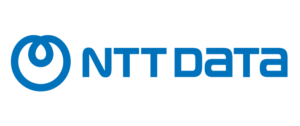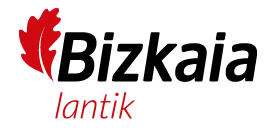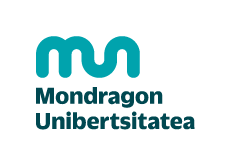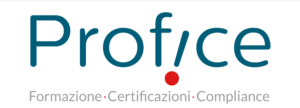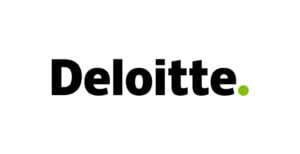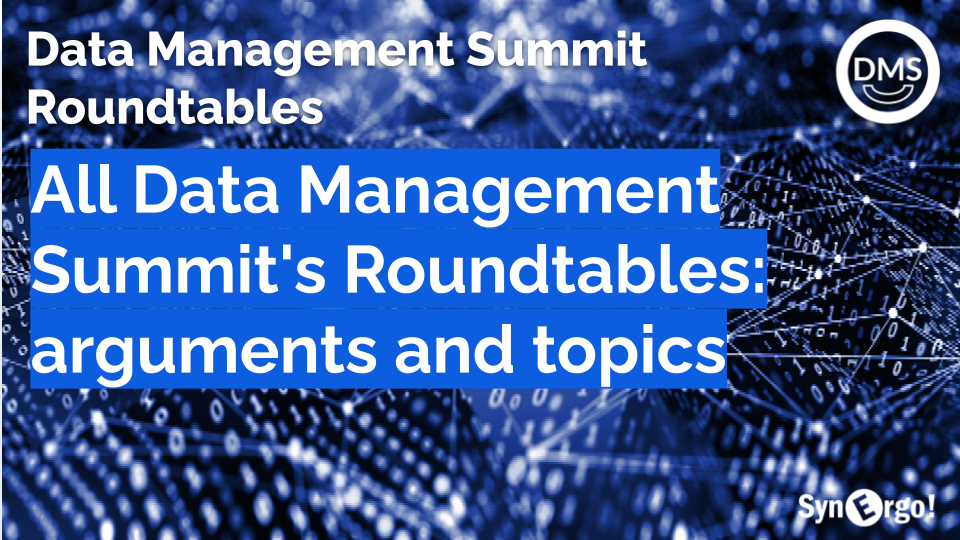
All Data Management Summit 2025 Roundtables
These are the arguments we are preparing for the 2025 edition of the Data Management Summit, it is possible to suggest other arguments, so please contact the event organizers by writing an email to michele.iurillo@synergo.es.
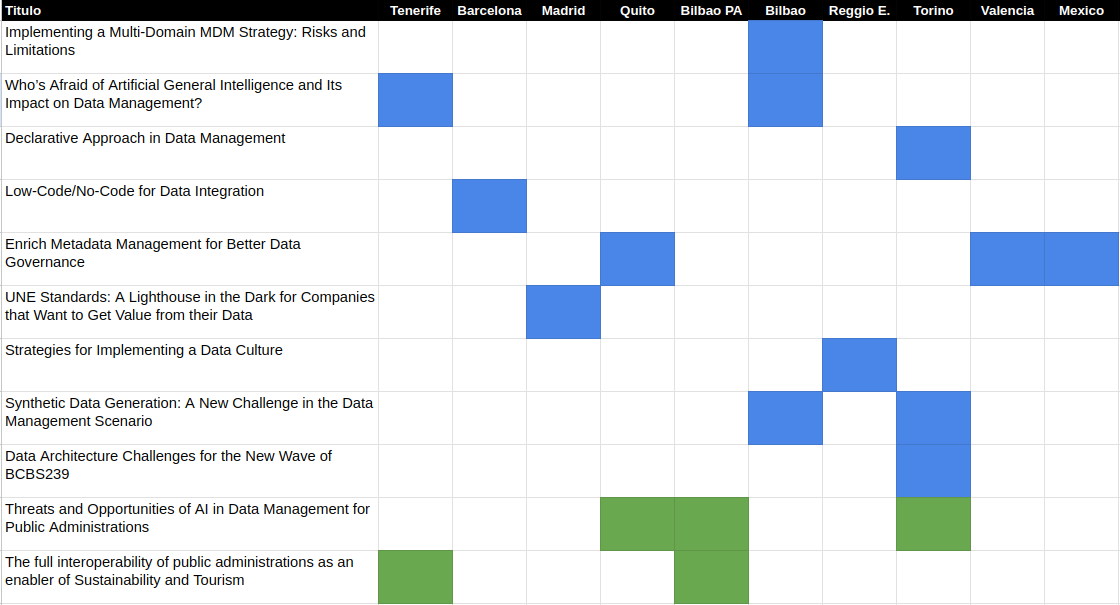
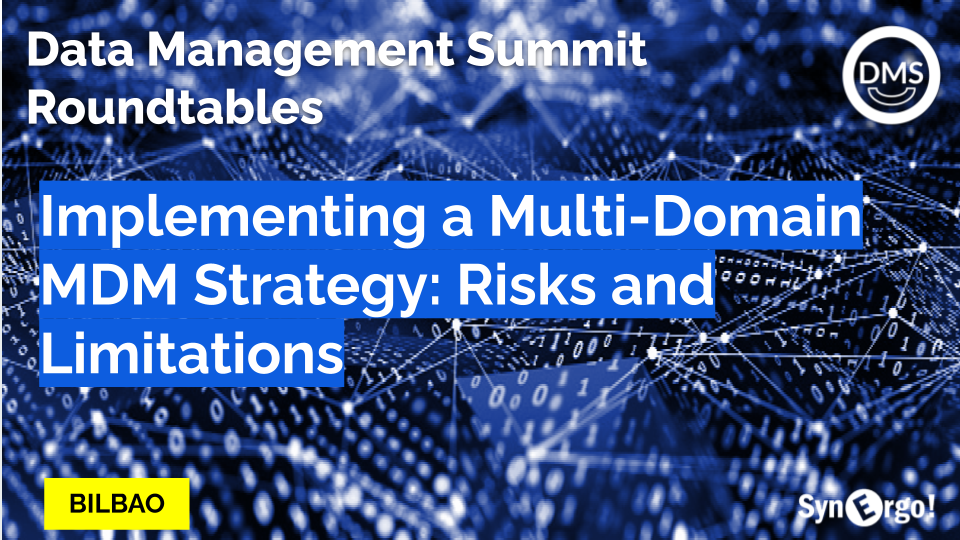
Implementing a Multi-Domain MDM Strategy: Risks and Limitations
Master Data Management (MDM) has evolved as organizations strive to manage data more comprehensively across various domains. At the Data Management Summit, this roundtable will examine the practicalities, risks, and limitations of implementing a multi-domain MDM strategy. While unifying data across domains—such as customer, product, and supplier—can deliver significant business value, it also introduces challenges in governance, system integration, and scalability.
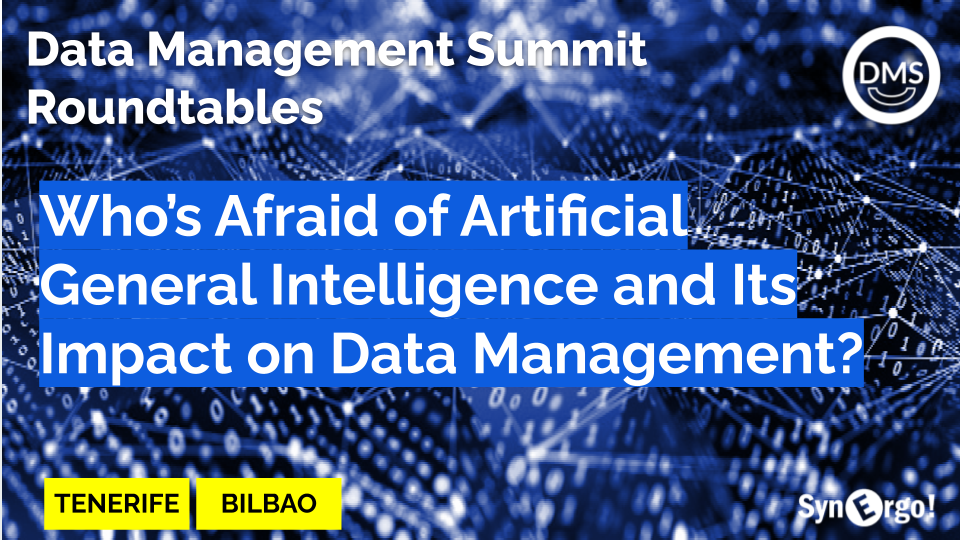
Who’s Afraid of Artificial General Intelligence and Its Impact on Data Management?
The rise of Artificial General Intelligence (AGI) brings with it both excitement and concern across industries, with data management at the heart of this transformative shift. At the Data Management Summit, this roundtable will tackle the implications of AGI on data strategies, security, and ethics. As AGI moves toward human-like cognition, it could reshape everything from data governance and processing efficiency to decision-making and predictive analytics.
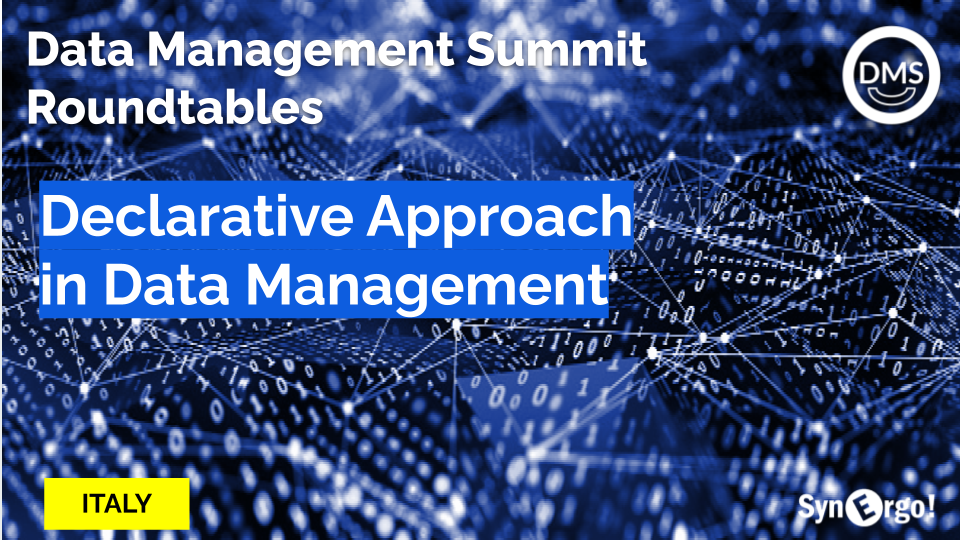
Declarative Approach in Data Management
At the Data Management Summit, industry experts gather to explore the transformative potential of a declarative approach in data management. Unlike traditional procedural methods, the declarative approach focuses on defining what the outcome should be rather than how to achieve it, simplifying complex data workflows and enhancing efficiency across systems. This roundtable will delve into the operational and strategic benefits of declarative data management, including increased automation, adaptability, and scalability in data processing.
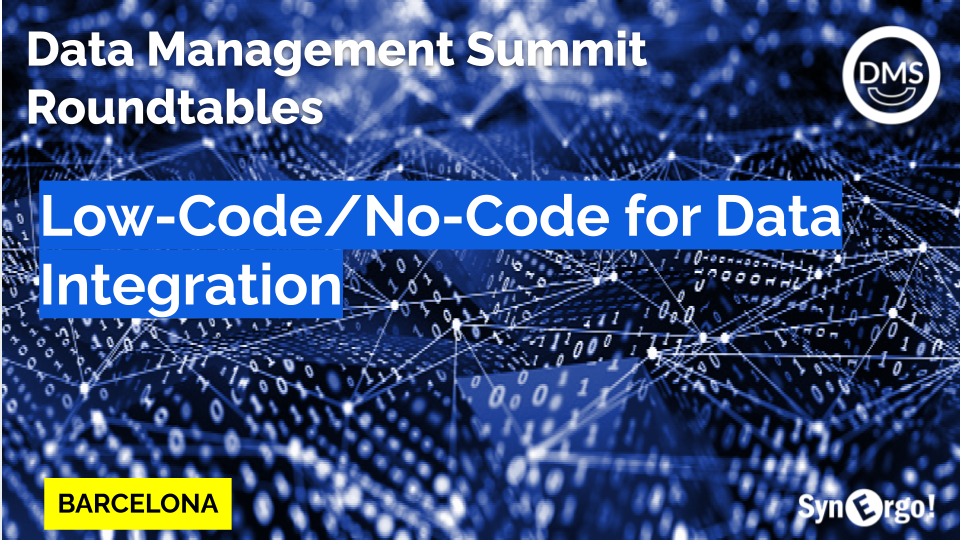
Low-Code/No-Code for Data Integration
As organizations seek faster, more accessible solutions to complex data challenges, low-code and no-code platforms are transforming the landscape of data integration. This roundtable at the Data Management Summit will explore the growing role of low-code/no-code solutions in data integration, enabling both technical and non-technical users to design, deploy, and manage data workflows without deep programming expertise. Attendees will discuss the benefits and limitations of these platforms and how they align with strategic data needs.
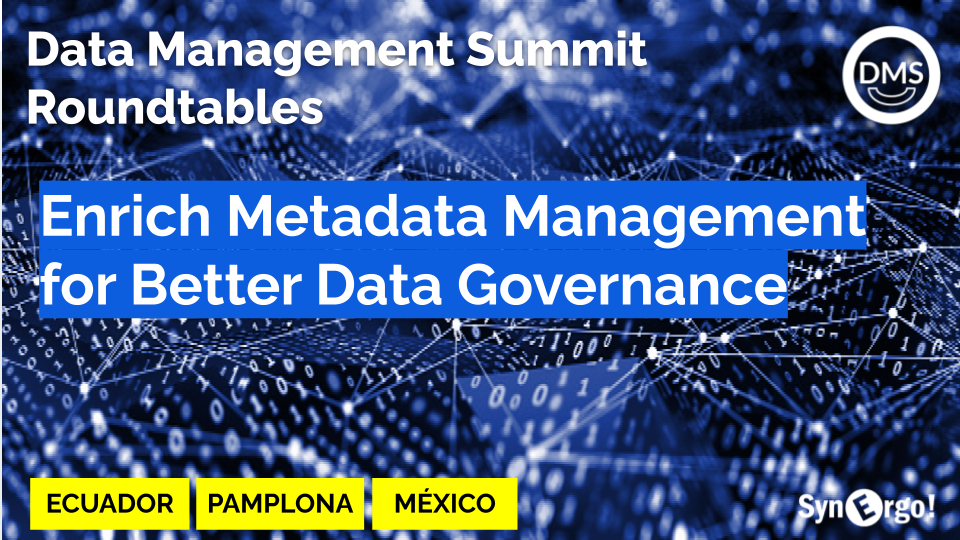
Enrich Metadata Management for Better Data Governance
Effective metadata management is the backbone of robust data governance, providing critical context and transparency for data across the organization. At the Data Management Summit, this roundtable will focus on how enriching metadata management practices can improve data quality, accountability, and accessibility. With the rise of regulatory requirements and the need for enhanced data lineage, comprehensive metadata management is essential for maintaining control and ensuring data reliability.

UNE Standards: A Lighthouse in the Dark for Companies that Want to Get Value from their Data
UNE normative documents (acronym for Una Norma Española) are a set of norms, experimental norms and reports (standards) created in the Technical Standardization Committees (CTN) of the Spanish Association for Standardization (UNE), formerly known as AENOR.
In an increasingly data-driven business environment, the proper management of information becomes a key challenge. UNE standards provide a structured and reliable framework to ensure the quality, security and governance of data, thus facilitating its strategic use. In this Data Management Summit roundtable, experts in data standards and data management will discuss how UNE standards act as a guide for companies seeking to maximize the value of their information.
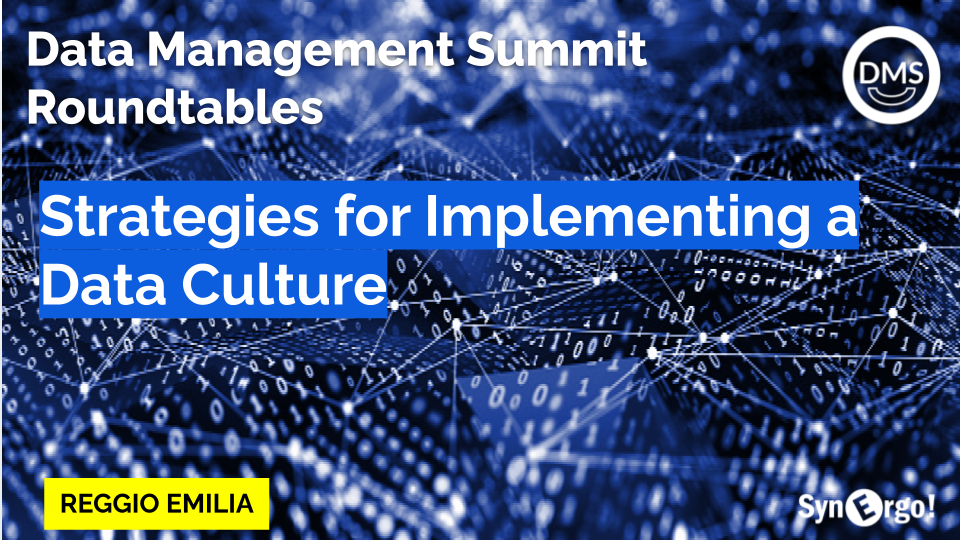
Strategies for Implementing a Data Culture
Building a strong data culture is essential for organizations aiming to harness data as a strategic asset. At the Data Management Summit, this roundtable will explore the essential strategies and frameworks for fostering a data-driven culture across teams and departments. With a focus on aligning people, processes, and technology, experts will discuss how to overcome common barriers to data adoption, promote data literacy, and encourage data-informed decision-making at every level.
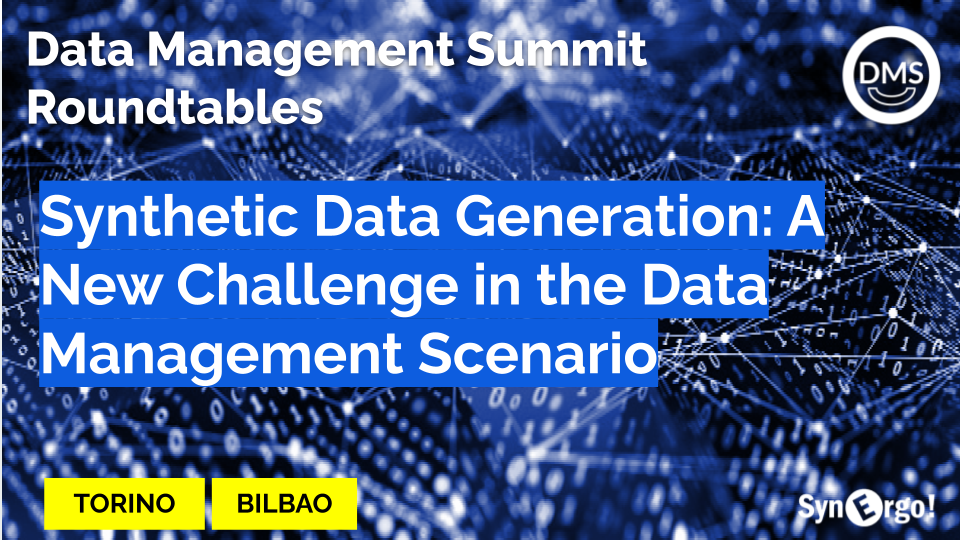
Synthetic Data Generation: A New Challenge in the Data Management Scenario

Data Architecture Challenges for the New Wave of BCBS239
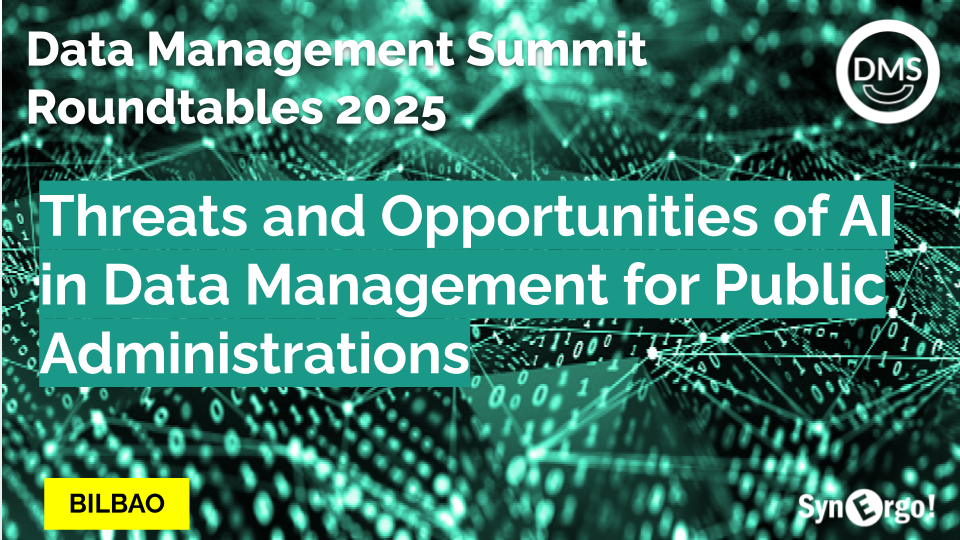
Threats and Opportunities of AI in Data Management for Public Administrations
As Artificial Intelligence (AI) becomes more integrated into data management, public administrations are uniquely positioned to leverage its potential while facing distinct challenges. This roundtable at the Data Management Summit will explore how AI can enhance data-driven decision-making, streamline public services, and improve citizen engagement, while also addressing the critical issues of privacy, ethics, and governance.
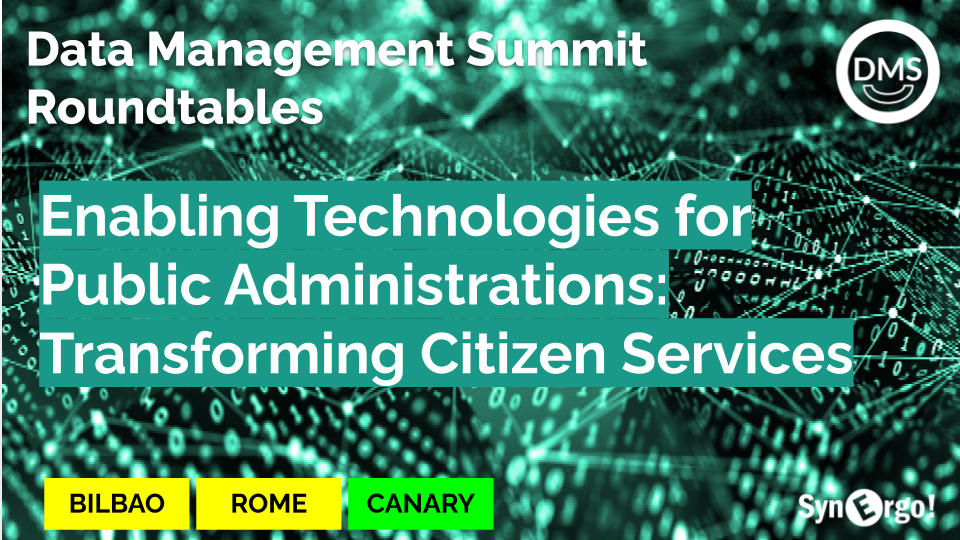
The Full Interoperability of Public Administrations as an Enabler of Sustainability and Tourism
Interoperability among public administrations is a crucial factor in advancing sustainable practices and enhancing the tourism sector. At the Data Management Summit, this roundtable will explore how seamless data sharing and integration across public entities can foster sustainable development, improve resource management, and create richer, more efficient tourism experiences. By aligning standards and systems, public administrations can support eco-friendly tourism initiatives, promote local culture, and enhance service delivery for residents and visitors alike.











